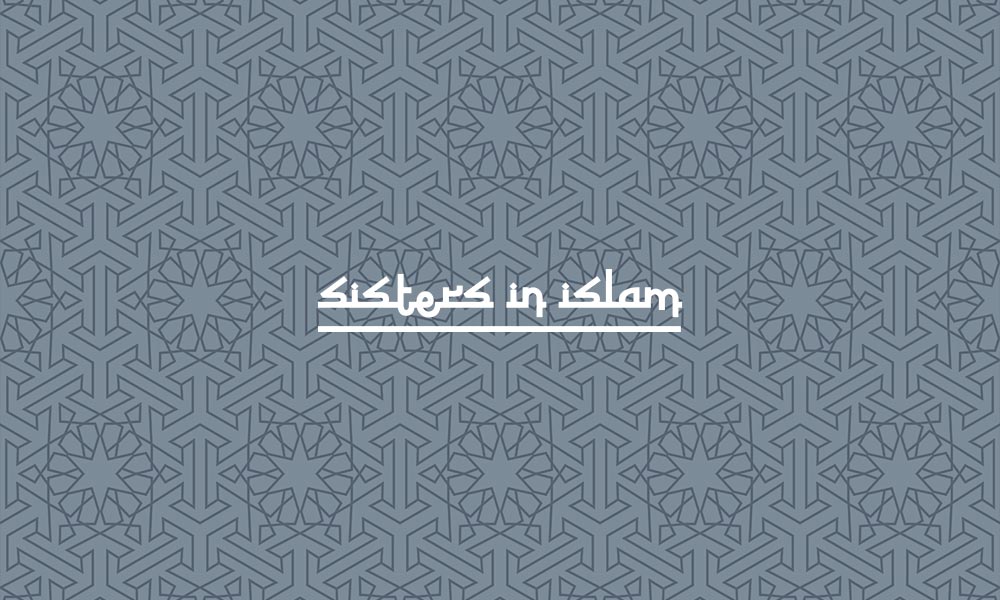Sisters in Islam is outraged that the whipping sentence has again been inflicted on a woman by the Kuala Terengganu Syariah High Court today. We are disappointed that civil society organisations’ call for a moratorium on corporal punishment has fallen on deaf ears, and that the Federal Government has not taken any action to prevent the normalisation of such a cruel form of punishment in Malaysia.
The woman was sentenced to six lashes and six months in prison under Section 25 of the Syariah Criminal Offences (Takzir) (Terengganu) Enactment 2001, which states that any woman who does an act preparatory to prostitute herself shall be guilty of an offence. As a first – time offender who pled guilty, normal sentencing guidelines dictate that she should not have been given the maximum punishment.
According to media reports, the woman who is a single mother had not received any financial support from her ex-husband and was therefore unable to support her daughter. The zeal with which the punishment was meted out ignores these circumstances that previously would have mitigated sentencing.
Where is the compassion that lies at the heart of Islamic teachings? It is mentioned in the Qur’an (16:125), “Invite all to the way of the Lord with wisdom and beautiful preaching, and reason with them in the ways that are best and most gracious.” Any laws passed under the name of Islam must take into account the most fundamental teachings of the Qur’an based on justice and mercy and the right to preserve human dignity. Even in the verses regarding punishment in the Qur’an (5: 38-39 and 5:33-34), God stressed the qualities of mercy and forgiveness.
What is guiding the Kuala Terengganu Syariah High Court judges’ sudden escalation in handing down the maximum punishment?
Proponents of whipping claim that it is done with the intention of educating, and that it does not cause harm. Today’s case clearly demonstrates that the humiliation experienced by women before, during and after the whipping is not considered a relevant factor of their pain, when in fact humiliation is a key aspect of the punishment and causes lasting psychological trauma.
We strongly reiterate that whipping does little, if anything at all, to “educate.” In fact, such a punishment, which is void of compassion and mercy, only tarnishes Islam and reinforces Islamophobic stereotypes that Islam discriminates against women.
We also cannot overlook the fact that there were two people who were arrested; the man who solicited was later released without being charged. Because Section 25 explicitly targets only women as prostitutes, women are disproportionately vulnerable to and affected by this law.
Sisters in Islam
27 September 2018
